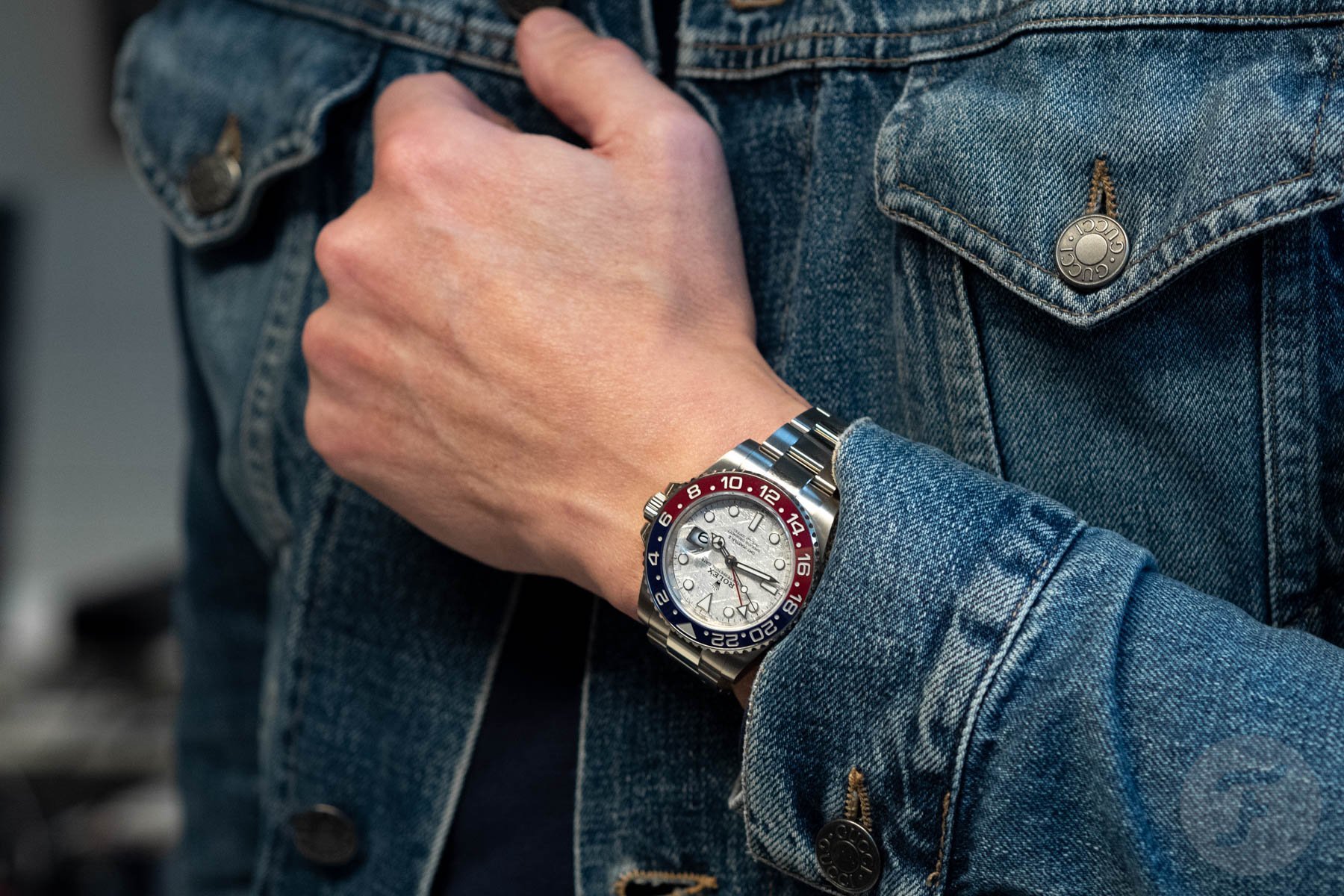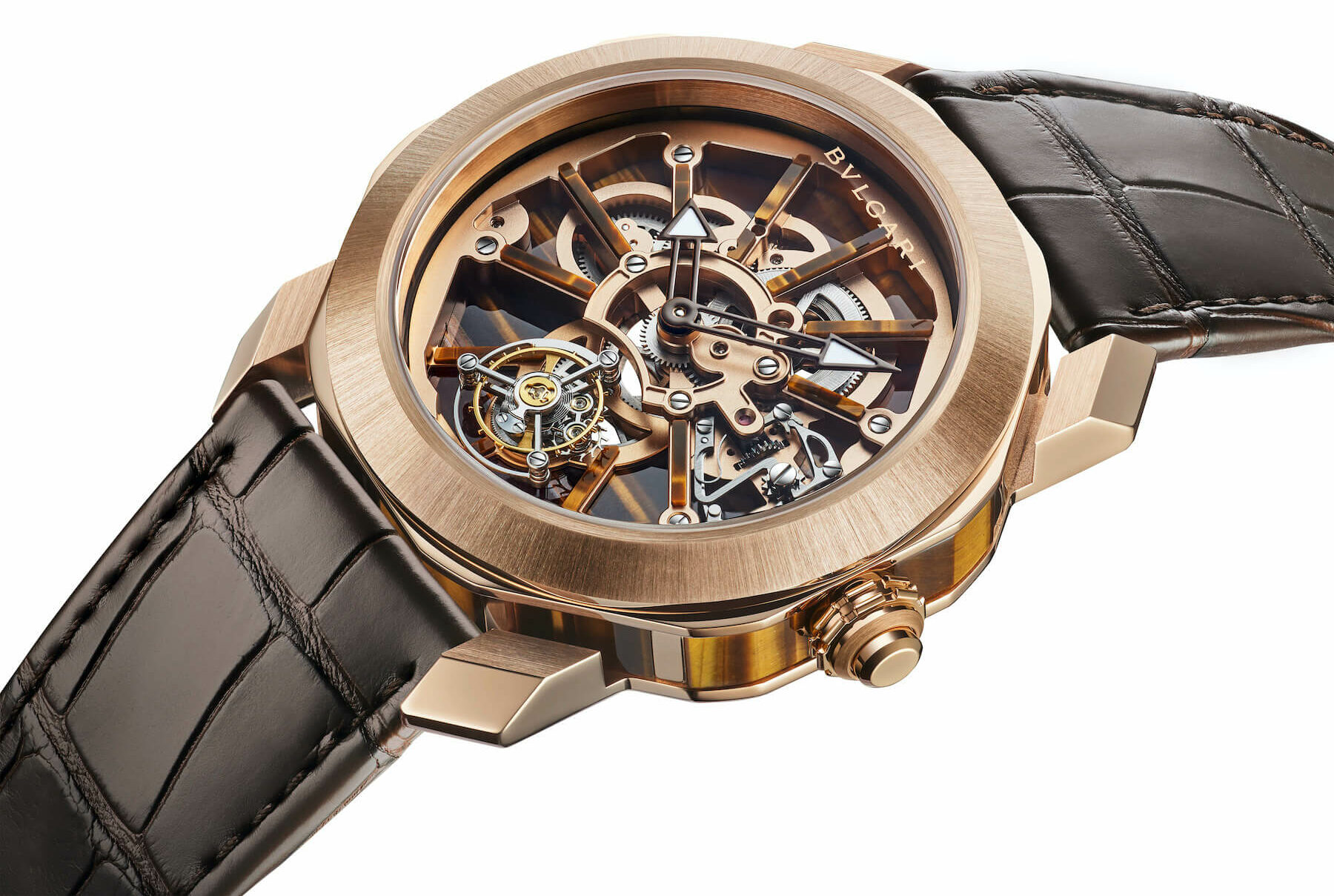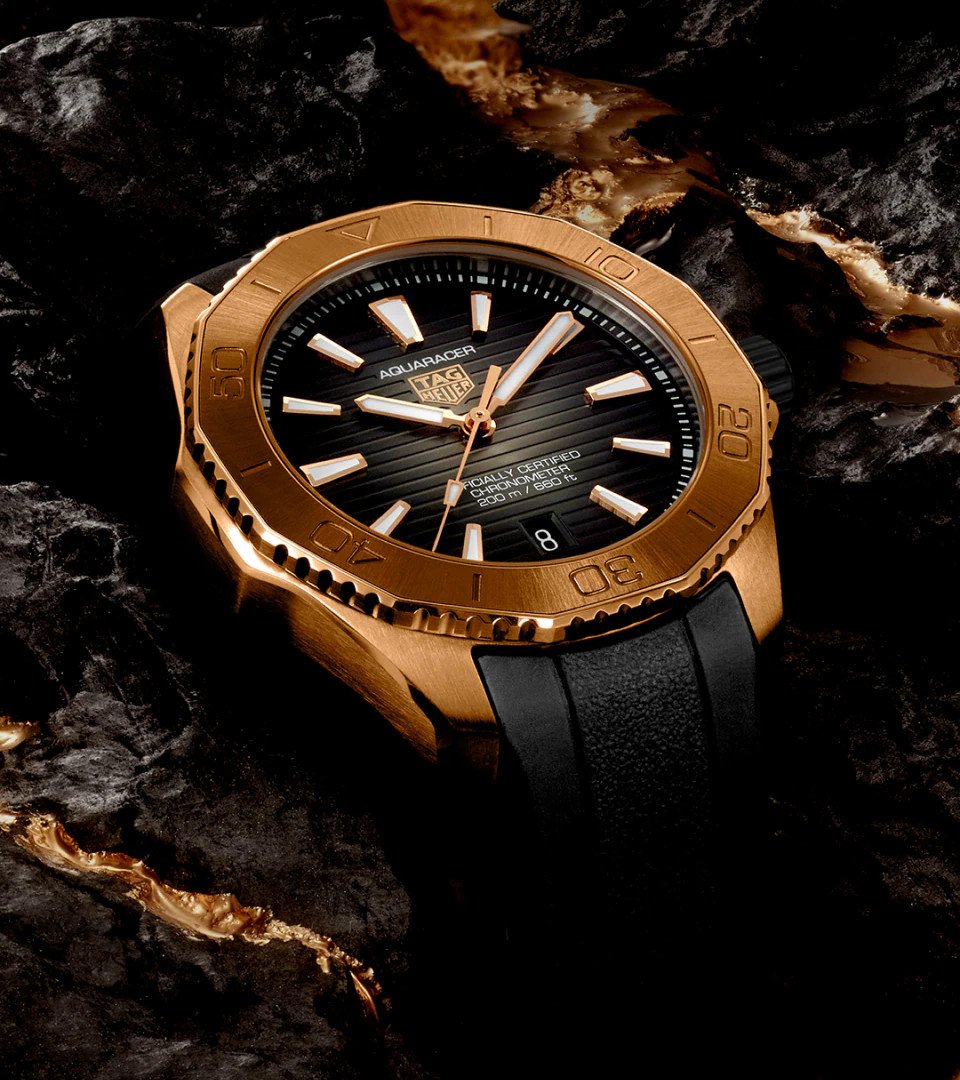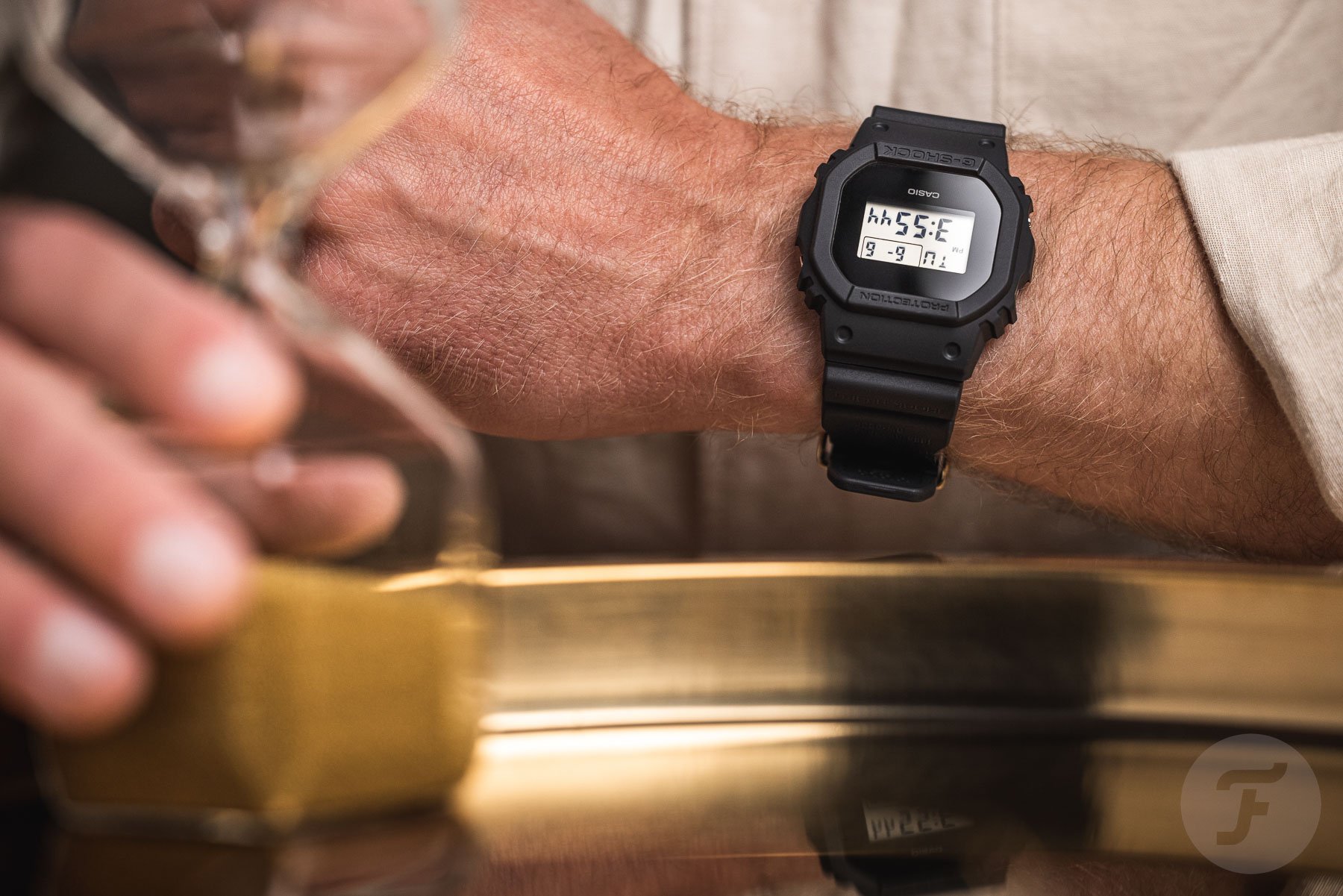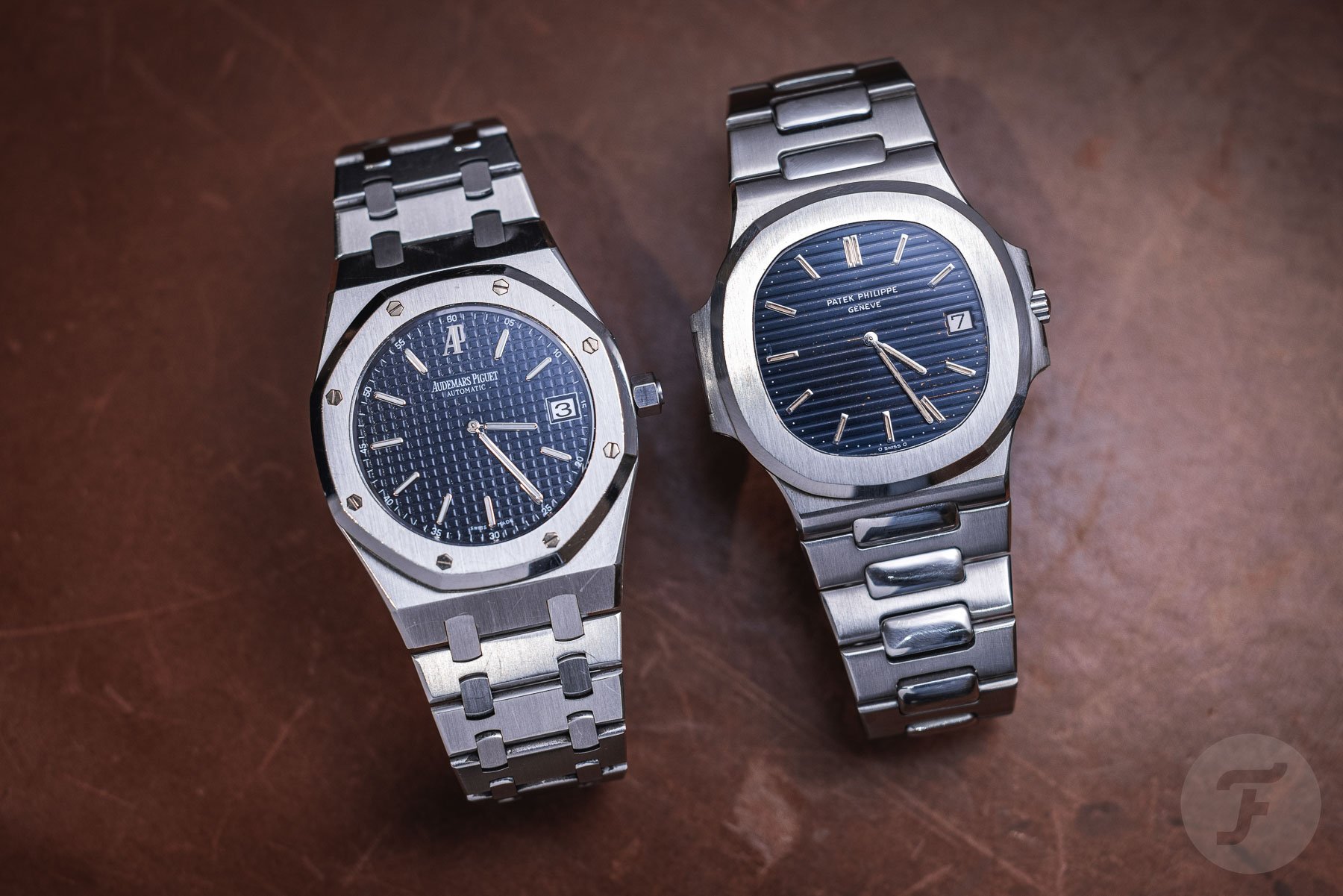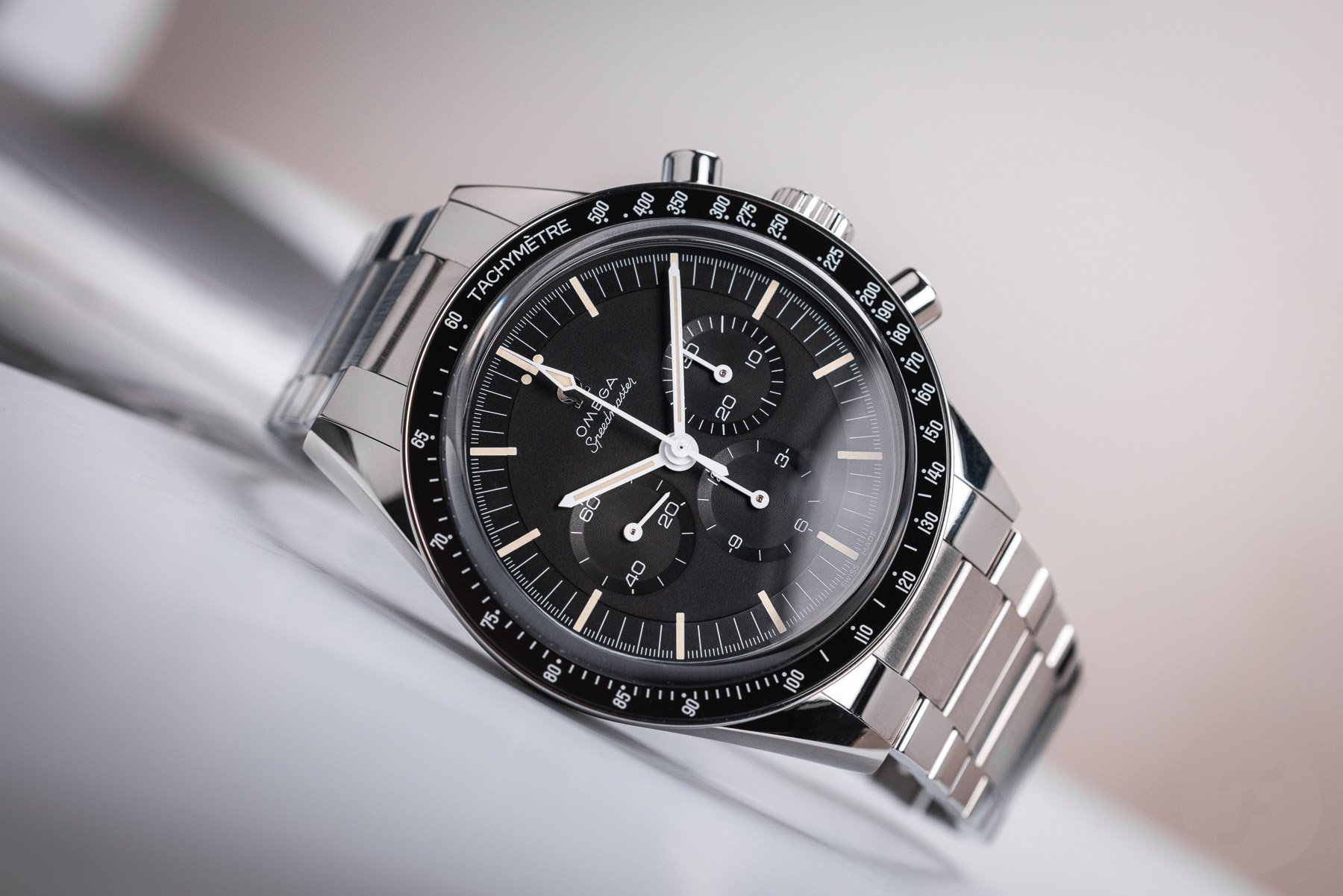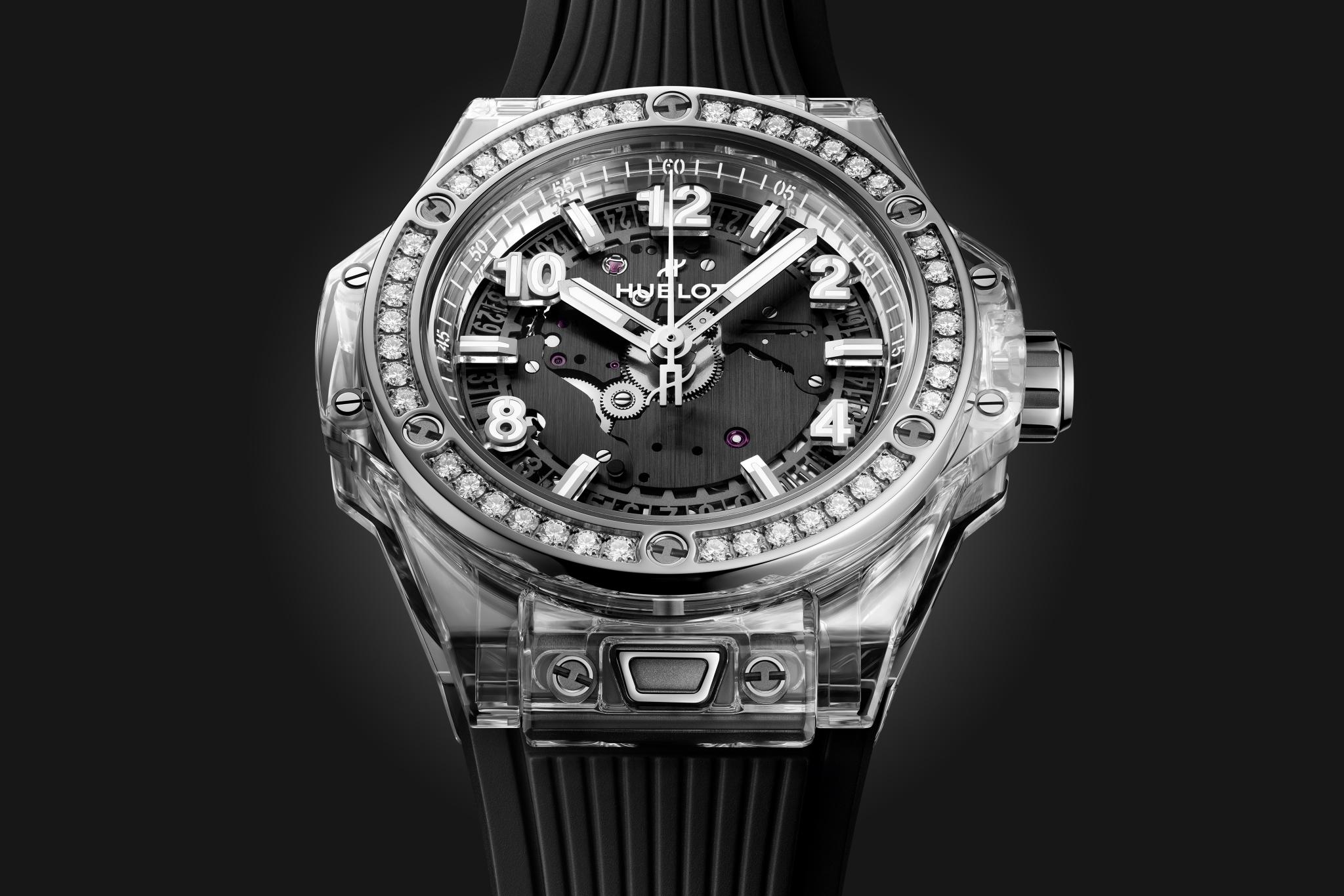Tough Question: Do Your Nice Watches Make You An Unpleasant Person?
Here is a tough question for today: do your nice watches make you an unpleasant person? This is tough because it is a highly complicated and culturally dependent subject. But it is also a tough question because we, watch lovers, may not like the answer too much. Sometimes you just have to face the tough questions head-on, so, Fratelli, let’s bite the bullet and dive in.
For starters, we should split the question in two. One: do other people perceive you differently if you are wearing an expensive watch? And two: does wearing an expensive watch actually change your behavior? As a former consultant in subconscious consumer behavior, this is right up my alley. So let’s see what we can uncover.
What makes an unpleasant person?
Okay, I may have chosen some mildly divisive terminology here. I do not actually want to label anyone as an unpleasant person. I will refer to some studies here and there, and none use this label. The more nuanced version of the question is: do expensive watches lead to negative connotations in others? And does wearing one actually change one’s behavior in any way?
The first question is hard to generalize as it is both highly personal and culturally dependent. As you may know, I am Dutch. Dutch culture is extremely egalitarian when it comes to accepted behavior. Note that this isn’t about political stance; the Netherlands has seen an ever-so-slight conservative majority for decades now. Culturally, however, the Dutch don’t care much for hierarchy or status. “Act normal, that is strange enough” is a popular Dutch saying for a reason. Our former prime minister scored big points by riding his bicycle to work every day. Status symbols such as expensive watches or cars aren’t broadly met with great applause here. Even pop idols are, first and foremost, judged by the degree to which they “remained normal.”
This is in stark contrast to, for instance, the American Dream and similar philosophies. Again, generally, this is more about the potential of the individual to accomplish great things. The underlying notion of great belief in social mobility and agency celebrates performance and accomplishment. Naturally, an expensive watch is perceived differently in such an environment as opposed to here, in my home country. You may get a “good for you!” as opposed to being judged as an unpleasant person or a showboat here in the polders.
How to lose friends and alienate people
An interesting literature study from 2018 describes the “status signals paradox.” In short, this means that we tend to think of ourselves as more attractive when we show status symbols. At the same time, we tend to think less positively of others who display status symbols. Funnily, there is a specific mention of TAG Heuer watches in this study. It shows how we feel we might be more successful at making friends while displaying material wealth. At the same time, the opposite turns out to be true. People wearing generic watches were broadly preferred.
Another study from 2011 even described how conspicuous consumption to signal material wealth led to very specific reputational effects. Men displaying material wealth were perceived as better short-term mates by women and as lesser long-term mates. The suggestion is that objects like expensive watches make you look like more of a casual sexual partner and less like relationship material. That certainly doesn’t make you an unpleasant person, but it is fascinating to see how it subconsciously triggers associations that you may not have intended.
There is a big problem with such studies, one that I vividly recall from my days as a consultant: people never recognize themselves in the results. Whether it is research studying the effects of advertising or something like the above, everybody feels like they’re the exception. “Sure, advertising is effective, but it doesn’t influence me.” If the above rubs you the wrong way, consider this: these are average outcomes of very specific studies. You may be part of the statistic, but you very well may not be. No worries; I am not trying to offend anyone here.
Does success make you an unpleasant person?
Okay, get the pitchforks out; I have to ramp it up a notch. An experiment at the University of Irvine, California let pairs of people play a game of Monopoly. An out-in-the-open coin toss upfront determined which of the two would get a massive unfair advantage. One of the players would get double the starting capital, two dice instead of one to double their pace, and double the payout with every crossing of “Go.” Quite predictably, the privileged players won.
The study focused on behavior during and subjective reporting after the game. While you might expect the privileged player to show humility and compassion to the other player, you got the exact opposite. You see the winners taunt and talk trash. And after the game? None reported that they won through sheer luck. Instead, the vast majority felt they had earned the result. This study is often used to explain behaviors of well-willing people that result in a widening of the wealth gap. You can see footage of some of the participants in researcher Paul Piff’s TED Talk.
The question is: does strapping a reminder of material wealth to your wrist trigger similar behavior? Are we using watches to subconsciously tell ourselves that we are successful all the time? And does that then influence how we carry ourselves?
So, do watches make you an unpleasant person?
Calm down, lovely Fratelli. I think I would lean towards “no.” No, your watch doesn’t make you an unpleasant person. It does, however, send a signal whether you want it to or not. The message of that signal varies hugely. If you show up on the red carpet wearing a vintage Cartier, you will get applauded for having great taste. If I show up wearing the same watch for drinks with my Dutch friends, I can expect some flack, some ridicule, and some surprise at how much I paid for it.
It is tempting to say, “I don’t care. I wear them for myself.” While that is probably a healthy attitude, it does not mean that you aren’t still influencing people around you. You are. And I honestly don’t believe that you do not care what message you send to your friends, family, and colleagues. So I think it is only considerate to be mindful of which of your watches send what kind of messages under what circumstances. The studies above pushed me toward the negative side a little bit, but the opposite can also be true. Do your nice watches make you a more pleasant person? Obviously, they do not by themselves. But a good watch can communicate fine taste or an appreciation for craftsmanship and art, just as a random example. It shows that you like things that last and that you take good care of them.
So no, I don’t believe a nice watch makes you an unpleasant person. But it does send a message, and it is always better to be aware of what message you may send. Then still, you can only control what you put out, not how others receive it. The message is your responsibility; the perception of it is not.
Do you take into account what signals your watches might send? I would love to hear about it in the comments below!

